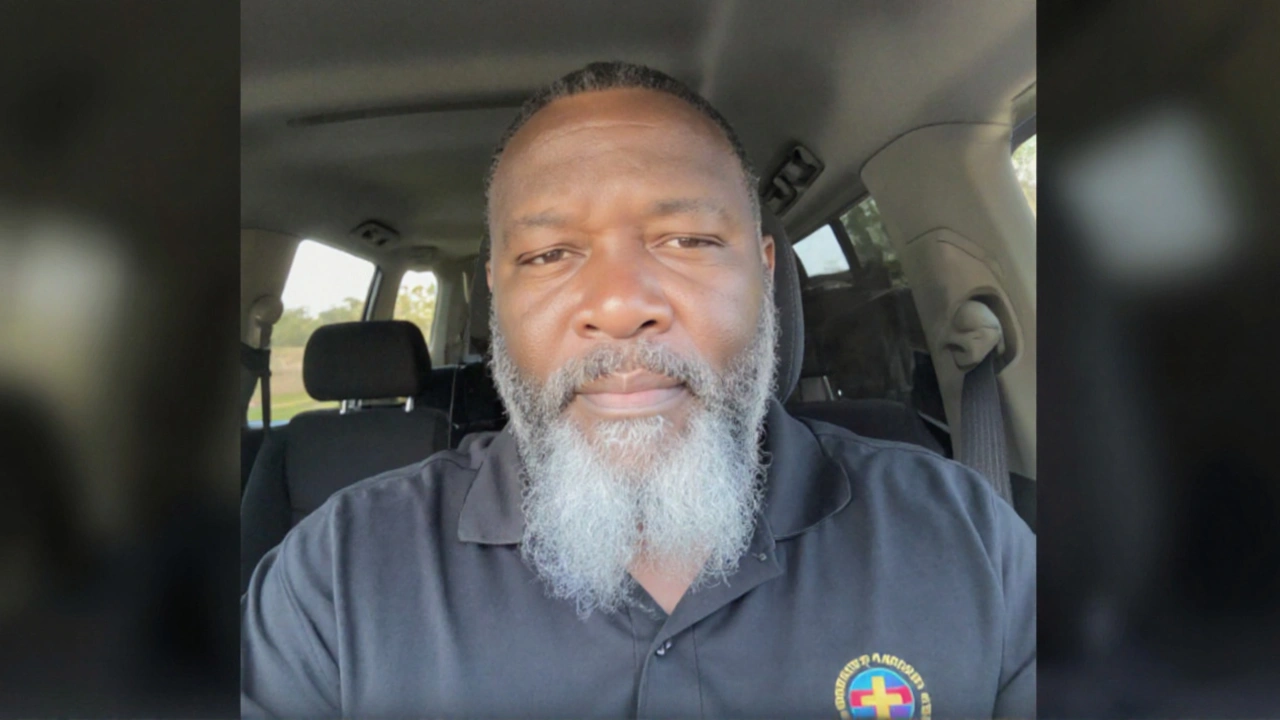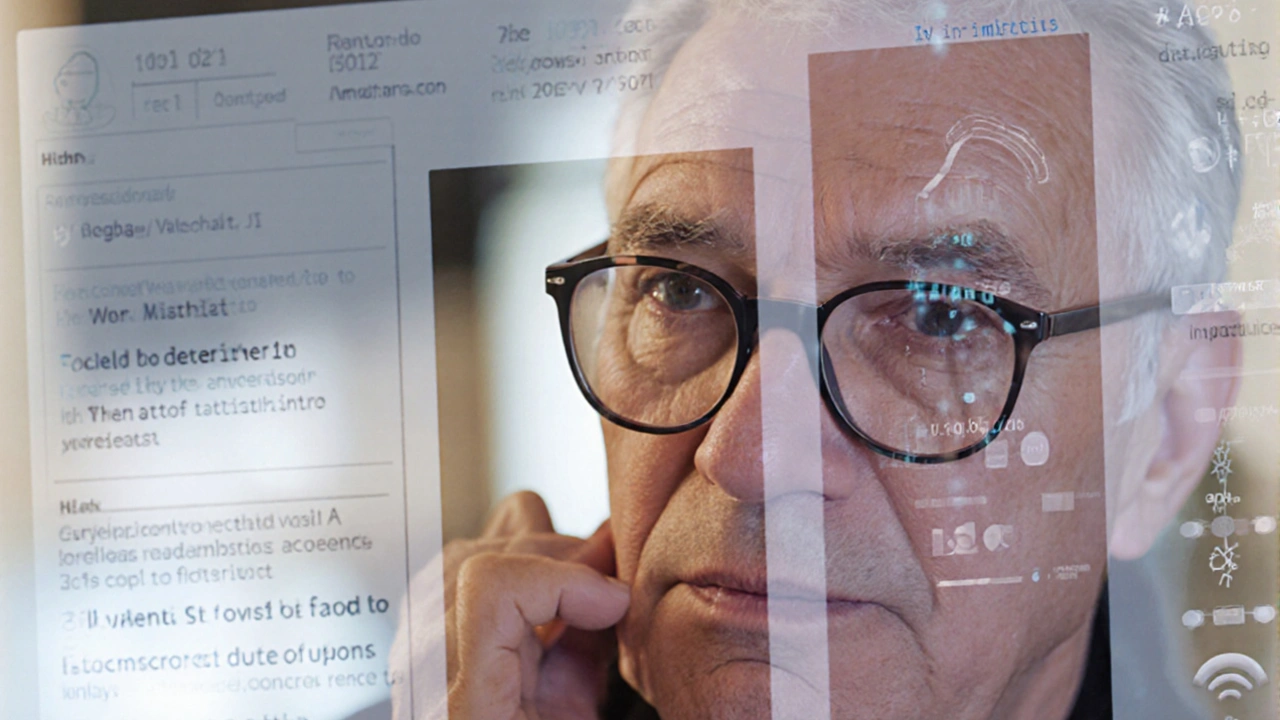Why AI ministry Is a Double-Edged Sword for Churches
Artificial intelligence is no longer a sci‑fi curiosity; it’s showing up in newsletters, sermon outlines, and even voice‑over videos that claim to be from well‑known pastors. While the tech can save time on research, the stakes are far higher when the message carries spiritual weight. Below are five ways the rush to adopt AI could quietly undermine the very heart of pastoral work.
-
It Strips Away Personal Touch. Pastors are called to study Scripture diligently (2 Timothy 2:15) and to sit with people in their pain. An algorithm can pull a verse, but it cannot hold a grieving hand, pray beside a hospital bed, or read the unspoken cues that signal a soul in need. When AI drafts a sermon or writes a condolence note, the relational layer that makes ministry meaningful is lost.
-
Authentic Leadership Becomes a Commodity. The biblical model of shepherding is built on personal example and spiritual discipline. Relying on AI for sermon content or counseling short‑circuits that growth. A pastor who lets a machine do the heavy lifting may gradually drift from personal prayer, study, and the wrestling with God that fuels genuine leadership.
-
Impersonation Threatens Truth. Recent incidents show AI voice‑clones mimicking Dr. Voddie Baucham and John MacArthur, spreading sermons they never gave. These fake channels not only dilute the teachers’ reputations but also expose congregants to twisted theology. With deep‑fake tools getting cheaper, the next “AI preacher” could be anyone, making discernment a critical skill for believers.
-
Spiritual Guidance Needs More Than Data. AI can quote verses and offer logical explanations, but it lacks the Holy Spirit’s prompting, empathy, and lived experience. True guidance often comes from a shared story, a prayerful listening ear, and the subtle wisdom that comes from years of ministry. Over‑reliance on chatbots risks turning vibrant community life into a sterile FAQ page.
-
Theology Becomes a Wild West. Most public AI models scrape the entire internet—mixing scholarly articles with conspiracy blogs. Their tendency to “hallucinate” means they can generate plausible‑sounding but outright false doctrine. Pastors who publish AI‑generated material without rigorous fact‑checking risk spreading heresy unintentionally and eroding trust.

Guidelines for Keeping AI a Helpful Tool, Not a Replacement
Recognizing the risks doesn’t mean abandoning technology altogether. Here are actionable steps pastors can take to harness AI responsibly:
- Use AI strictly for administrative chores—scheduling, data entry, or basic research—while keeping sermon preparation and counseling fully human.
- Cross‑verify every AI‑generated theological point with trusted commentaries, original language tools, or seasoned mentors.
- Establish a clear policy that any public teaching must be personally reviewed and signed off before release.
- Educate the congregation about deep‑fake threats, encouraging them to check the source of any video or audio claiming to be a beloved pastor.
- Invest in ongoing personal spiritual disciplines—daily devotions, prayer, and community accountability—so AI never substitutes the core of pastoral identity.
By treating AI as a servant rather than a master, churches can protect the relational, authentic, and doctrinal foundations that have sustained the faith for centuries.

